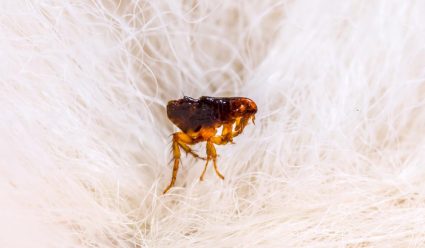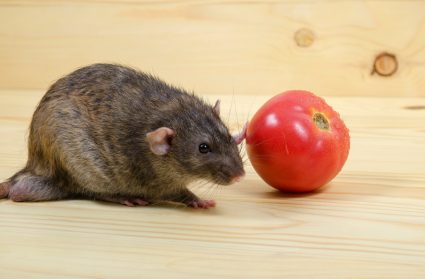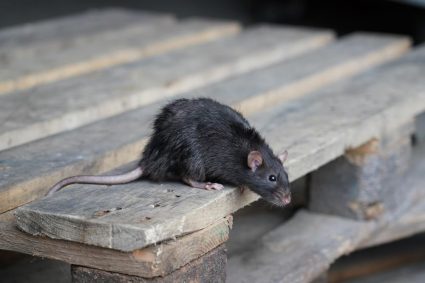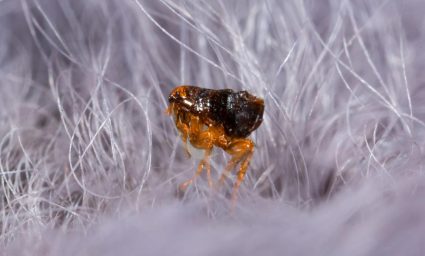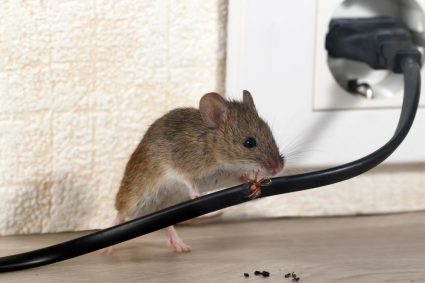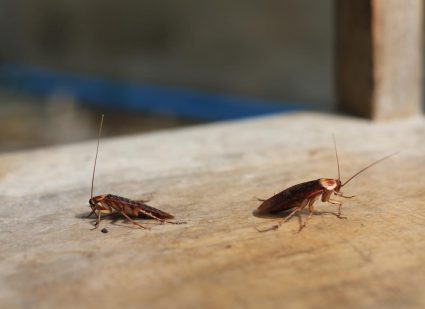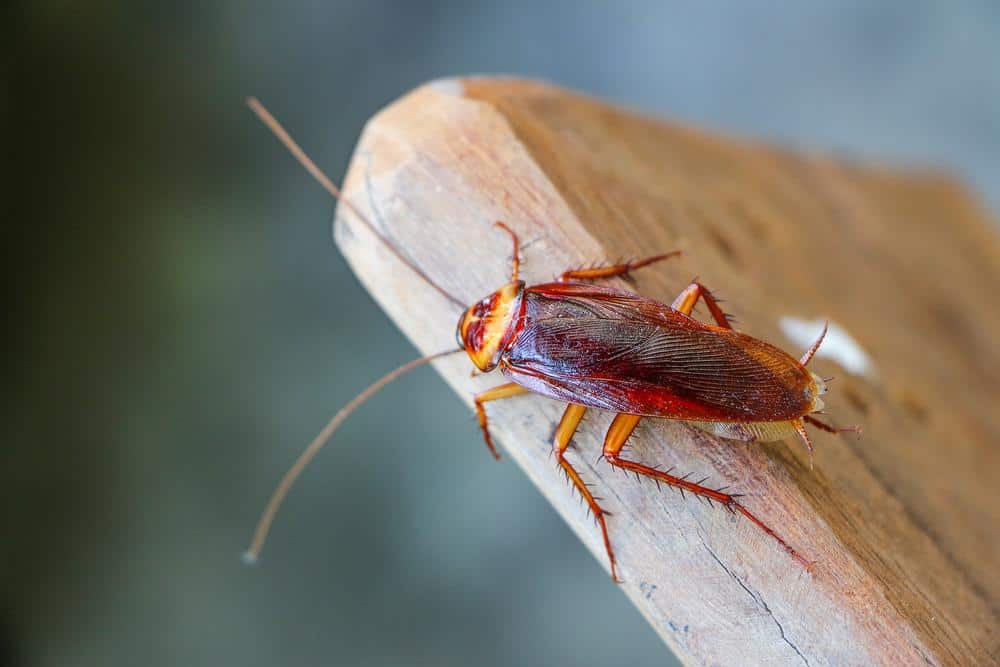
Cockroaches are one of the most resilient and adaptable pests found in homes worldwide. Understanding what causes baby roaches and how to prevent and handle an infestation is crucial for maintaining a healthy, roach-free home.
Baby roaches, or nymphs, are caused by the reproduction of adult cockroaches. Female roaches lay eggs in a hard case known as an ootheca, which contains multiple eggs. The presence of baby roaches usually indicates a cockroach infestation. They are most commonly found in warm, humid environments with access to food, such as kitchens and bathrooms.
What Causes Baby Roaches?
Baby roaches, or nymphs, result from the reproduction of adult cockroaches. Female roaches lay eggs in a hard case known as an ootheca, which contains multiple eggs. The number of eggs in an ootheca varies depending on the species of cockroach. For instance, the American cockroach produces an average of around 16 eggs per case, laying one ootheca each month for ten months.
Where are Baby Roaches Found?
Roaches tend to inhabit kitchen and bathroom areas due to the warm, humid environment, moisture, and access to food. They feed on garbage, debris, and human food, including seeds, grains, greasy foods, meats, sweet items, and starches. The presence of baby roaches usually indicates a cockroach infestation as they don’t stray too far from their nest.
How Rapid is Roach Reproduction?
Under ideal conditions, a roach population can grow rapidly. The German cockroach, for example, can develop from hatching to adulthood in as little as 40 days. An adult female can lay 300 to 400 eggs within a 6-month period, meaning a single female and her offspring can produce up to 300,000 new roaches in her lifetime.
How to Identify a Baby Roach Infestation
Identifying a baby roach infestation involves looking for certain signs and symptoms. These include sighting of baby roaches, cockroach feces, egg cases and shed skins, a musty odor, dark, damp areas, and presence near food and water sources.
Preventive Measures to Avoid a Baby Roach Infestation
Maintaining cleanliness, storing food in sealed containers, fixing leaks, and sealing entry points are all essential steps to prevent a baby roach infestation.
How to Effectively Deal with a Baby Roach Infestation
Combining various methods of eradication and prevention can effectively deal with a baby roach infestation. These include maintaining cleanliness, sealing gaps and cracks, using diatomaceous earth, applying boric acid, setting up glue traps, trying natural remedies, and hiring a professional exterminator.
Conclusion
While the sight of baby roaches can be disturbing, understanding what causes them and how to prevent and handle an infestation can help keep your home roach-free. Remember to maintain cleanliness, seal potential entry points, and seek professional help if necessary.
Frequently Asked Questions
What is the life cycle of a cockroach?
The life cycle of a cockroach involves three stages: egg, nymph, and adult. The female roach lays an ootheca containing multiple eggs. The eggs hatch into nymphs, which then undergo several molts before reaching adulthood. The entire process can take a few weeks to several months, depending on the species and environmental conditions.
Are baby roaches harmful?
Yes, baby roaches are harmful. They carry various pathogens that can cause diseases such as salmonella, staphylococcus, and streptococcus. Their droppings and shed skins can also trigger allergies and asthma attacks, especially in children and individuals with weakened immune systems.
Can I use insecticides to eliminate a baby roach infestation?
Yes, insecticides can be used to eliminate a baby roach infestation. However, roaches can develop resistance to certain insecticides over time. Therefore, it’s recommended to use a combination of methods, including cleanliness, sealing gaps and cracks, natural remedies, and professional extermination.
What attracts roaches to my home?
Roaches are attracted to homes for several reasons, including warmth, moisture, and food availability. They’re particularly attracted to areas like kitchens and bathrooms where these conditions are met. They also feed on garbage, debris, and human food, making unclean environments highly attractive to them.
Can I prevent a roach infestation?
Yes, you can prevent a roach infestation by maintaining cleanliness, storing food in sealed containers, fixing leaks, and sealing entry points. Regular inspections and early detection can also help prevent an infestation from becoming unmanageable.

